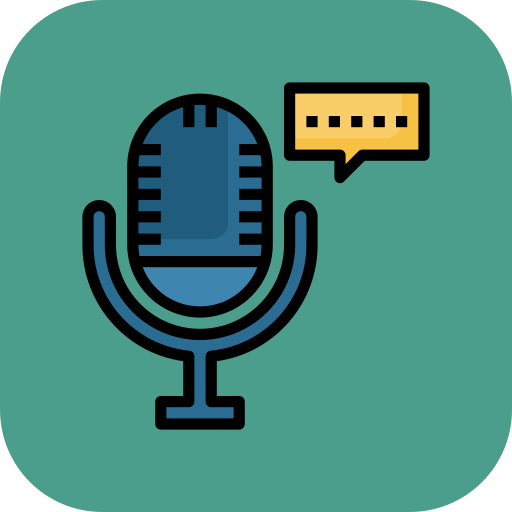
Adhya
Could" and "would
Créé le févr. 21 2024
Could" and "would" are both modal verbs that are commonly used in English to express different meanings and possibilities. While they can be similar in some contexts, they have distinct uses and convey different shades of meaning. Here's a breakdown of their uses: "Could": Possibility: "Could" is often used to express a possibility or ability in the present or future. For example: "I could go to the party tonight if I finish my work on time." "She could be the next CEO of the company with her skills." Past ability: "Could" can also be used to talk about past abilities or possibilities. For example: "When I was younger, I could run very fast." "They could have won the game if they had played better." "Would": Conditional statements: "Would" is commonly used to express hypothetical or conditional statements. It indicates a likely or imagined outcome based on a particular condition. For example: "If I had more time, I would travel around the world." "She would be happy if you invited her to the party." Polite requests: "Would" can also be used to make polite requests or offers. For example: "Would you please pass me the salt?" "Would you like a cup of tea?" It's important to note that "could" and "would" can be used together in some contexts to express conditional possibilities. For example: "If I won the lottery, I could buy a new car." "If you asked him nicely, he would help you." In summary, "could" is generally used to express possibilities or abilities in the present or past, while "would" is often used for hypothetical or conditional statements and polite requests. However, their usage can overlap in certain situations, and context plays a crucial role in understanding their intended meaning.